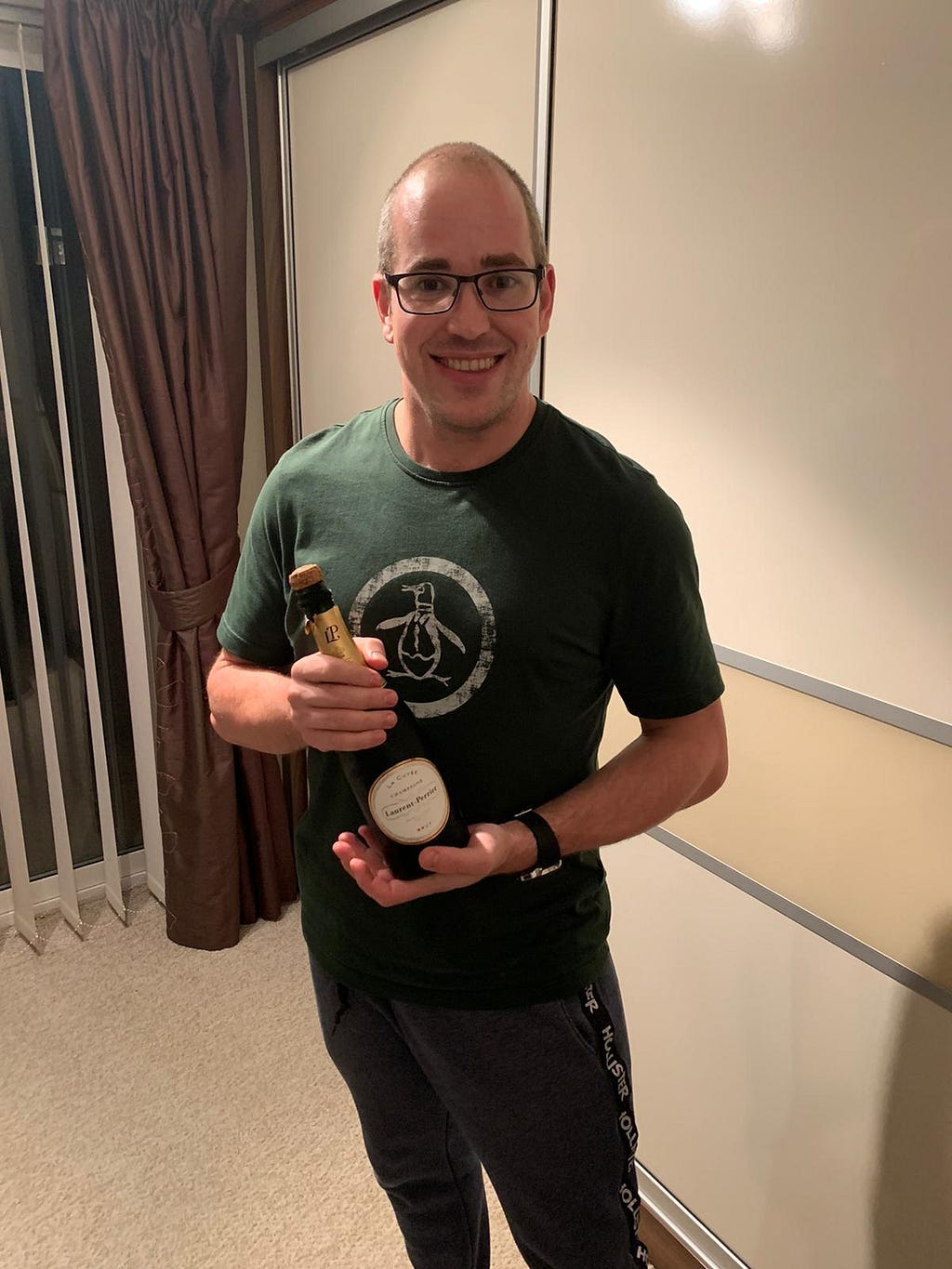Becoming a Level 1 Systemic Modeller
A few weeks ago I achieved my level 1 systemic modelling facilitator certification. Sounds pretty basic I know! but maybe this video will help? ttps://www.youtube.com/watch?v=pcMhO3yElU8) To put it in perspective, it was harder than achieving the Scrum Alliance CTC and CEC combined!
Getting my level 1 was something that I had worked so hard for and been very focussed on achieving, that I had missed the point of it in many ways. I spoke to a few people about how focusing on the certification was limiting my ability to be an awesome systemic modeller, and how the outcomes are actually more important (Drink my own champagne!) .
I challenged myself to switch views and start thinking about what difference will being a level 1 systemic modelling facilitator make? I explored this using different lenses.
Commercial — All our training courses are already systematically facilitated and use systemic modelling tools throughout them. Unfortunately, not many people know what the certification itself means. But being the first agile coach to achieve the milestone means I’m leading the way in changing that understanding (at least 3 other agile coaches are very close now)
Confidence — My journey to level 1 has increased my confidence in facilitating any situation (The wilder the better) but receiving my level 1 has not changed that.
Skills — When I started the journey to level 1, I honestly thought how hard can it be? I quickly realised just like scrum it is simple to understand, but oh so difficult to master. My ability to remain neutral to work with whatever shows up. To always be in service to the group's needs and to create a network of attention where people get curious with each other is actually pretty tricky. To complete the certification we are given a huge logbook (about 40 items) that we need to get signed off competency by competency. Once complete you then need to show you can put it all together.
Feedback — Systemic modelling is a craft and the way to get better at any craft is by practising it over and over again, with feedback adapting as you go. Lots of coaching programs I have done have a heavy practical element but none put you through the relentless feedback cycle this program does. To experience the benefits of this approach why not try out the facilitation dojo class? — https://www.agileaffinity.com/w/courses/2-icpatf-team-facilitation-dojo
Personal Change — The hidden part of systemic modelling is working on yourself. I had naively thought that after years of coaching training I had already come quite far but how wrong I was. The simple yet effective models we use in systemic modelling suddenly become part of everything you do and trying to live by them is even harder.
Vision Impact — Agile Affinity has the vision to continue to professionalise the world of agile coaching. Systemic modelling aligns closely with this vision as in my opinion it is the missing skill set required in order to help create more resilient change and to focus on individual and interactions rather than process and tools. Being level 1 could be important here as it gives me more credibility to train these important skills.
In summary similar to the Scrum Alliance certifications I have gained, the chase is far more rewarding than the catch however with the chase being so good who cares!. Understanding this was a real breakthrough in my learning.
So what did I focus on instead?
Finding work during a pandemic — One of the things I am passionate about is the impact systemic modelling can have on the world. The ability to be curious and to help people explore the world using a few simple models is what makes me happy. With the current pandemic in full swing, I decided to target a short workshop that can help people find work during this time.
Paid systemic modelling work outside of agile — A few weeks ago I had my first paid systemic modelling work it was an amazing feeling to put my skills into practice, it made me hungry for more.
Sharing systemic modelling in the agile community — By focusing on speaking at meetups, other agile events, my youtube channel with Sara Baca ‘clean@work’ and the blog you are reading now, I can also help with the vision to continue to professionalise the world of agile coaching.
What advice do you have for someone starting the journey?
Just do it! — It has by far made the biggest impact both on an individual level and the difference I can now make in my work.
Practice, practice and more practice — Systemic modelling is a craft! Just learning during the dedicated rolling programs is going to take you a long time. Take any opportunities you have to practice your new-found skills. The systemic modelling practice group is a great place to start.
Find a mentor — Find yourself a systemic modelling mentor. If you are going to practice a lot outside the formal training, then having someone you can get feedback from regularly and check in on anything you are not sure on has made a huge difference to my skills. I highly recommend Sarah Scarett who has helped me so much during the last 6 months (Thanks Sarah)
Summary
Systemic modelling and the amazing community has become a huge part of my life, I wouldn’t change it for the world. A huge thank you to Caitlin Walker for bringing this work into the world through the work of David Grove and for being an amazing teacher, mentor and friend over the last 2 years.
If you like this blog you might also like the youtube channel Clean@work: https://www.youtube.com/channel/UCwH_oxV4j2FtqrOWVed6nlw



